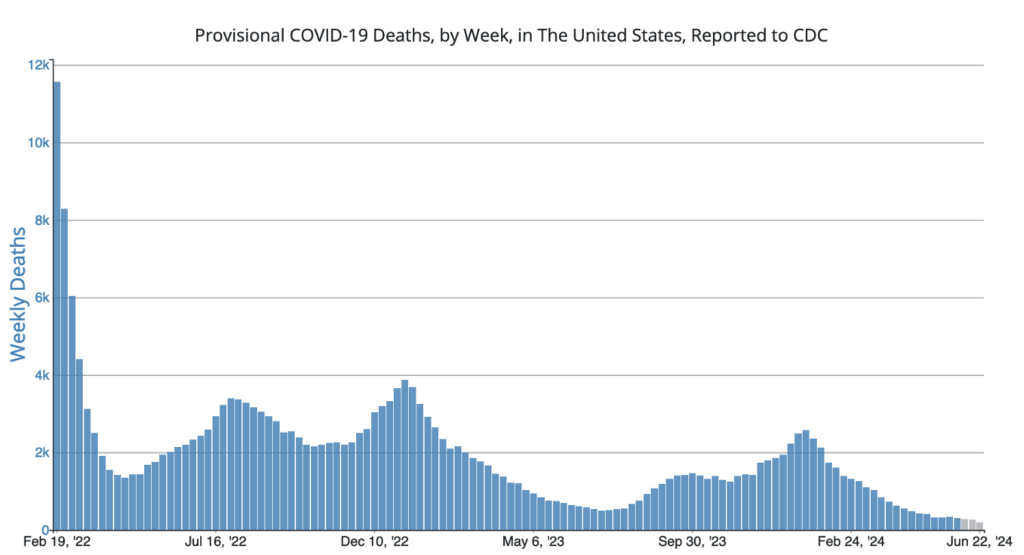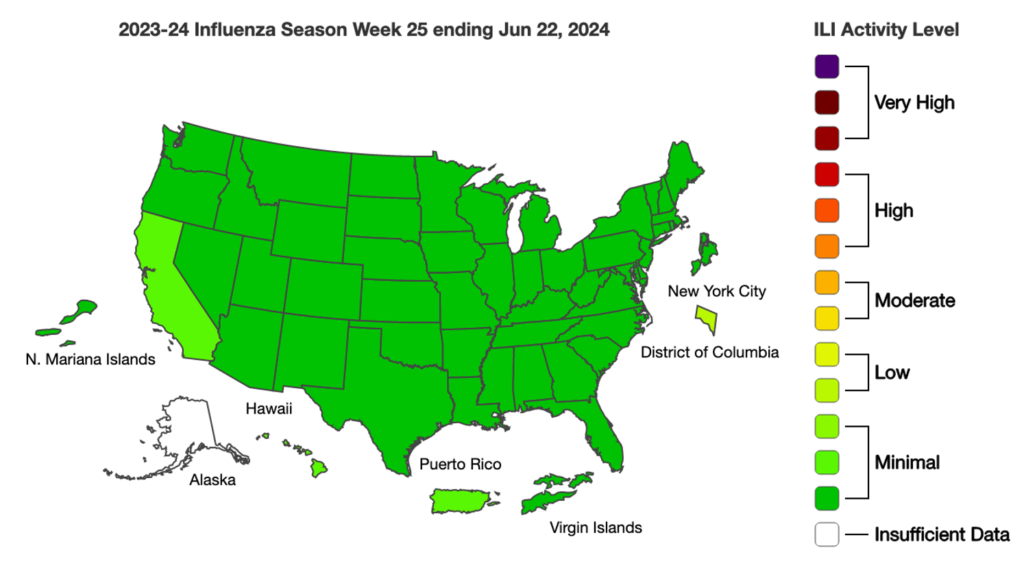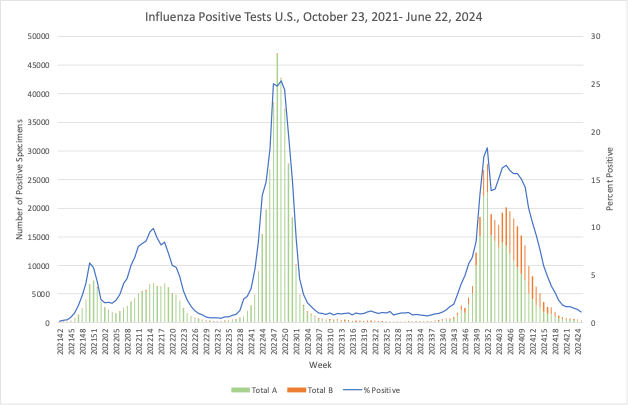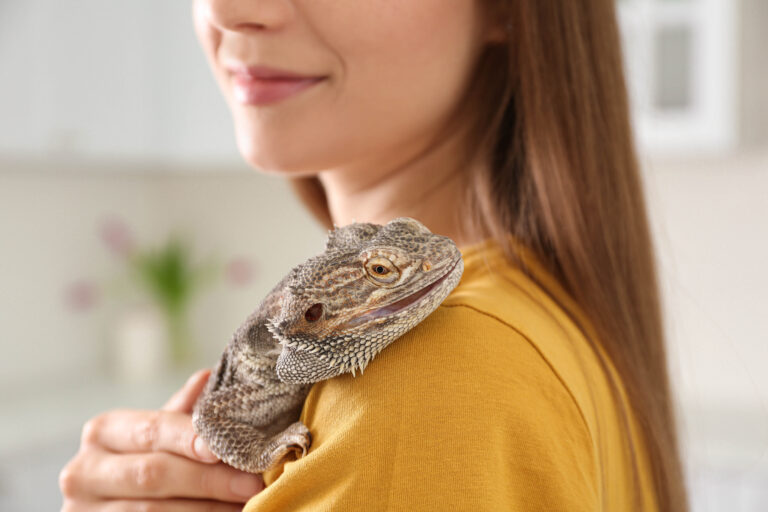A recent outbreak of Salmonella has been linked to pet bearded dragons, impacting humans across 9 states. As of June 14, CDC has reported 15 illnesses and 4 hospitalizations, but no deaths. In the last 10 years, there have been 13 reported outbreaks of human infections linked to contact with reptiles or amphibians, such as small turtles, geckos, and frogs. Because these pets are found in millions of households in the U.S. or in outdoor areas, it is important to take the proper cautionary steps to stay healthy and avoid spread in your food facilities.
Salmonella can cause a bacterial infection that results in symptoms such as diarrhea, fever, and stomach cramps in humans. Salmonella is one of the most common forms of food poisoning, typically caused by eating contaminated raw meat, poultry, or eggs or drinking unpasteurized milk. Children under 5, adults 65+, and others with weakened immune systems may experience more severe symptoms that require treatment or hospitalization.
In the current outbreak, Salmonella bacteria have been identified in the digestive tracts of bearded dragons. The bacteria can spread to humans who handle infected bearded dragons or come into contact with environments contaminated by their feces. Being in contact with the bacteria and then touching food or your mouth and ingesting the Salmonella can lead to infection. To reduce likelihood of infection, the CDC has published guidance. Its advice includes washing your hands properly after contact with the animal or its environment. When cleaning its supplies—feeders, toys, or food and water containers—or area, don’t bathe your pets where food is prepared or eaten, instead use a laundry sink or bathtub. If immunocompromised, avoid any contact with bearded dragons. Don’t eat or drink around your pet bearded dragon, and do not kiss or snuggle the animal. These actions can result in germs traveling to your mouth that can lead to illness. Routine veterinary care is also important in keeping the pet bearded dragon healthy.
One study tested detection of Salmonella in over 700 samples collected from different reptiles and their environments. Findings showed the bacteria was present in 92.2% of snake samples, 83.7% of lizards, and 60% of turtles—proving many reptiles can be a reservoir of this infectious bacteria. Therefore, the recommendations made above apply to any pet reptile.
To prevent the spread of disease from reptiles/amphibians in the workplace, CDC provides several recommendations. Graphics can be provided to illustrate proper handwashing after handling animals and before handling product. Employees should be educated on protection from Salmonella infection and other possible animal-transmitted disease. If ill, employees are advised to stay home. For non-traditional pet owners, more measures to prevent infection of animal-transmitted disease can be found here.
COVID Risk Matrix:

Influenza:


Infectious Disease News:
- The CDC’s Advisory Committee for Immunization Practices (ACIP) has recommended updated COVID-19 and flu vaccines for the upcoming respiratory virus season for individuals aged 6 months and older. Additionally, the ACIP has approved the use of adjuvanted or high-dose flu vaccines for solid-organ transplant recipients aged 18 to 64. CDC Director Mandy Cohen urged the public to get vaccinated to protect against respiratory illnesses. The ACIP also recommended Merck’s new 21-valent pneumococcal vaccine for adults 65 and older and for those aged 19 to 64 with certain health conditions.
- The Pennsylvania Department of Health added two variant H1N2 (H1N2v) infections, both of them adults who had attended a livestock auction that had pigs.
- A study published in PLOS Neglected Tropical Diseases reveals that obesity in children doubles the risk of hospitalization for dengue virus infection. Conducted in Sri Lanka from September 2022 to March 2023, the study followed 4,782 school children aged 10 to 18. Among the seropositive children, those with BMIs above the 97th percentile had an 18.2% hospitalization rate for dengue, compared to 9.5% for children with BMIs at or below the 96th percentile. Girls were also found to be at higher risk. The authors emphasize the need for public education on the impact of obesity on infectious diseases, as rising BMIs could lead to increased hospitalizations for dengue globally.
- The Democratic Republic of Congo (DRC) has approved the emergency use of two mpox vaccines, Jynneos and LC16, to combat a novel clade 1 strain. This marks the first time African countries have had access to such vaccines. Gavi, the Vaccine Alliance, is prepared to facilitate vaccine donations from the U.S. and Japan. The World Health Organization (WHO) reports that the clade 1 outbreak in the DRC is expanding, with cases now in 23 of 26 provinces, spreading through sexual and household contact.
- The CDC’s vaccine advisory group, ACIP, has updated its recommendations for the respiratory syncytial virus (RSV) vaccine. Now, all individuals aged 75 and older should receive a single lifetime dose, and those aged 60 to 74 with specific underlying conditions should also be vaccinated. The updated guidelines are pending approval by the CDC director.





